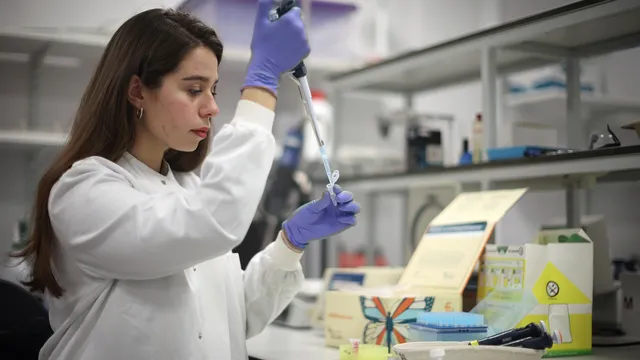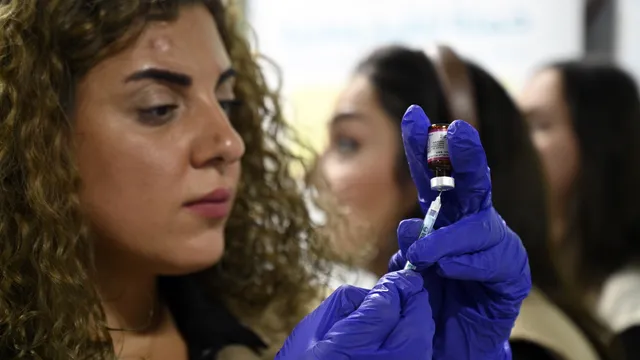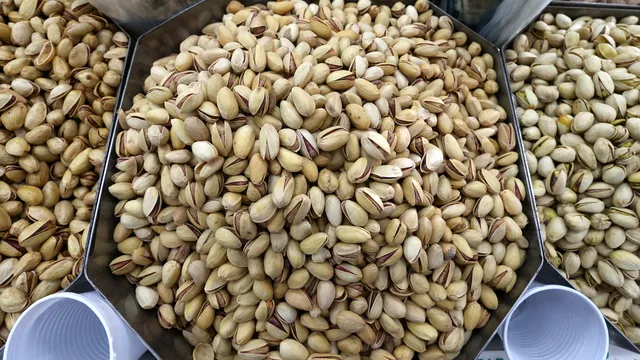Liver disease is an increasingly serious health problem affecting millions of adults. One of the most common types is called non-alcoholic fatty liver disease (NAFLD). This condition occurs when too much fat builds up in the liver—even in people who drink little or no alcohol.
In its early stages, NAFLD usually causes no symptoms and can often be reversed through lifestyle changes. But if not treated properly, it can become much more serious.
As NAFLD progresses, it can develop into a more dangerous condition called non-alcoholic steatohepatitis, or NASH for short. NASH causes long-term inflammation and damage to the liver. Over time, this can lead to scarring (called fibrosis), liver failure, or even liver cancer.
Unfortunately, there are currently no approved drugs that specifically treat NASH. Doctors can only try to control symptoms and prevent further liver damage through diet, exercise, and other lifestyle changes.
But there is some encouraging news. A group of scientists at Georgetown University recently developed a new drug called CTPI-2 that may offer a new way to treat this serious disease. The drug targets a gene known as Slc25a1, which plays an important role in the development and worsening of fatty liver disease.
To test the drug, the researchers used mice fed a high-fat diet. Some of the mice were given CTPI-2 at an early stage, before their liver disease developed. Others were given the drug after they had already begun to show signs of NASH. The results were very promising.
The mice that received the drug early were protected from developing NASH and obesity. In those with advanced disease, the drug actually helped reverse liver damage, reduce body weight, and improve the way their bodies processed sugar.
The team also tested the drug on special genetically modified mice and found that CTPI-2 reduces inflammation and may even help prevent certain types of cancer. These results show that CTPI-2 not only helps protect the liver, but may also help heal it.
This exciting study was published in the journal Cell Death and Differentiation. Although the results in mice are encouraging, it is important to remember that more research is needed before this drug can be tested in humans. Drug development is a long process and can take many years to ensure that a new treatment is safe and effective.
In the meantime, the best way to prevent or control fatty liver disease is still through simple lifestyle changes. Eating a healthy, balanced diet, exercising regularly, and keeping your weight under control are some of the most effective ways to protect your liver. If you drink alcohol, it is important to limit your intake, as alcohol can also damage the liver, even if you do not have NAFLD.
Although CTPI-2 is still in the research stage, it represents a major step forward in understanding the mechanism of fatty liver disease and ways to treat it more effectively in the future. For now, healthy habits and early intervention remain the best ways to take care of your liver and your overall health. | BGNES

 Breaking news
Breaking news
 Europe
Europe
 Bulgaria
Bulgaria







